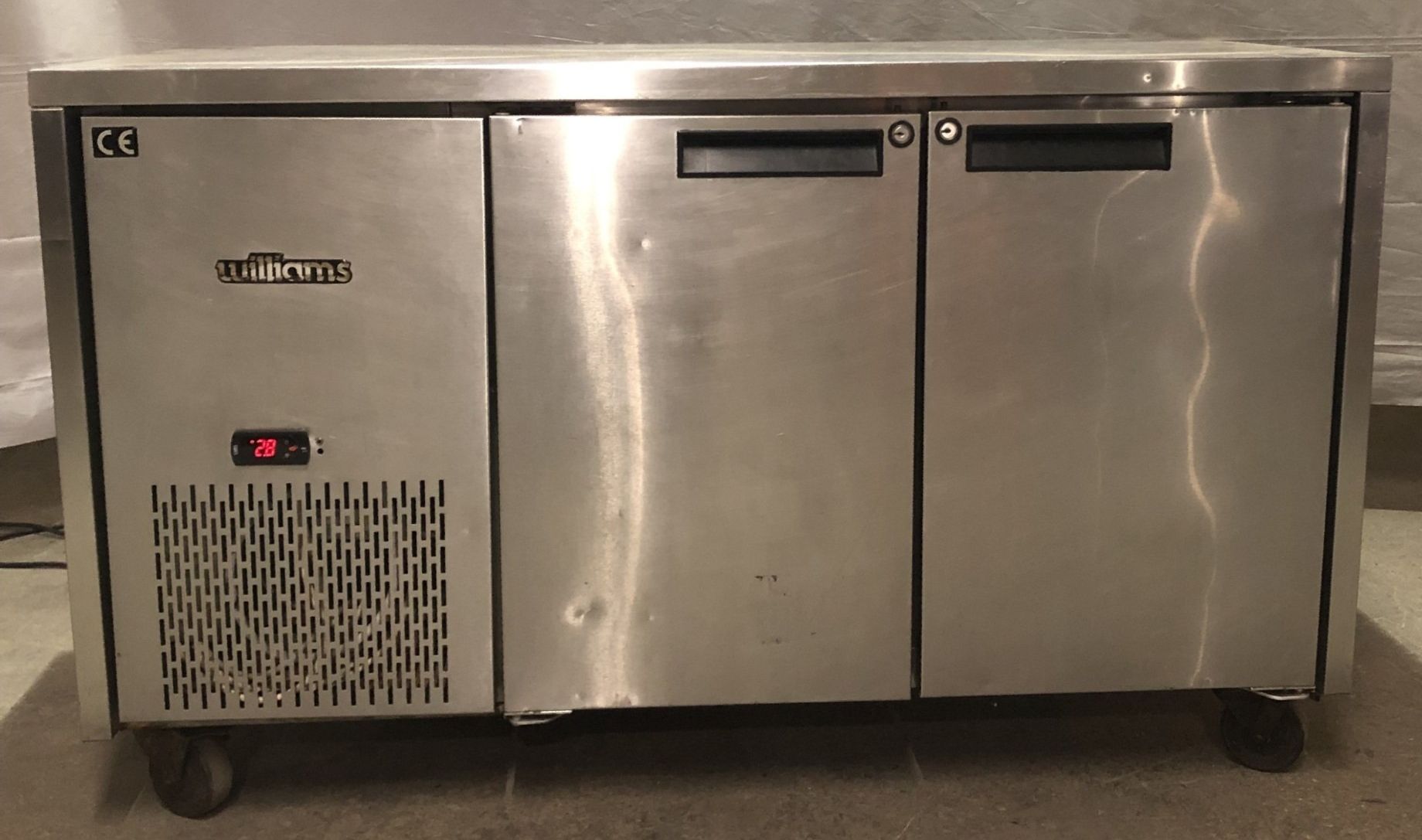Why Your Shop Needs A Refrigerated Unit | Recoveryline
Why Your Shop Needs A Refrigerated Unit
Having a refrigerated unit in your shop is not just a luxury; it's a necessity in today's competitive market. The ability to keep perishable goods fresh and extend their shelf life can make a significant difference in your business's success.
We will explore the reasons why your shop needs a refrigerated unit and how it can benefit your operations and customer satisfaction.
Understanding Refrigerated Units
What is a Refrigerated Unit?
A refrigerated unit, also known as a
cold storage unit, is a specialised appliance designed to maintain low temperatures for preserving perishable goods. Whether it's fresh produce, dairy products, meats, or beverages, a refrigerated unit ensures that your inventory remains at optimal temperature levels.
How Refrigerated Units Work
These units operate on the principles of heat transfer and compression. Through a series of refrigeration cycles, these units remove heat from the stored items and expel it outside, keeping the interior cool. Components such as compressors, condensers, evaporators, and refrigerants work together to create a controlled environment for your products.
Benefits of Having a Refrigerated Unit in Your Shop
Extending Product Shelf Life
Maintaining optimal temperature and humidity levels
By keeping your perishable goods at the ideal temperature and humidity, a refrigerated unit prevents spoilage and extends the shelf life of your products. This ensures that you can offer fresh items for a longer duration, reducing wastage and maximising profitability.
Expanding Product Range
Opportunities to stock perishable items
With a refrigerated unit, you can expand your product range to include perishable items such as fresh fruits, vegetables, dairy products, and prepared meals. This allows you to cater to customer demands for fresh and healthy options, attracting a broader customer base and boosting sales.
Enhancing Food Safety and Compliance
Meeting health and safety regulations
A refrigerated unit plays a crucial role in maintaining food safety standards. By keeping your products at the appropriate temperatures, you minimise the risk of bacterial growth and contamination, ensuring compliance with health regulations. This protects both your customers' health and your business's reputation.
Improving Operational Efficiency
Streamlining inventory management
A refrigerated unit helps you streamline inventory management by providing a designated space for perishable items. With clear organisation and visibility, you can easily monitor stock levels, reduce stock rotation, and minimise inventory losses. This saves time and labour while optimising your operational efficiency.
Increasing Customer Satisfaction
Providing a wider selection of fresh products
Customers today seek fresh and high-quality products. By offering a diverse range of fresh items through your refrigerated unit, you enhance customer satisfaction and loyalty.
Shoppers will appreciate the consistency and quality of your offerings, establishing trust and ensuring repeat business.
Factors to Consider When Choosing a Refrigerated Unit
Size and Capacity
Assessing the space and volume requirements
Before investing in a refrigerated unit, evaluate the available space and estimate the volume of products you plan to store. This will help you choose the appropriate size and capacity to meet your business's current and future needs.
Temperature and Climate Control
Understanding temperature range options
Different products require specific temperature ranges for optimal preservation. Consider the types of items you intend to store and select a refrigerated unit that offers precise temperature control. Also, take into account the ambient temperature and humidity levels of your shop's location.
Energy Efficiency and Sustainability
Evaluating energy consumption and cost
An energy-efficient refrigerated unit can help you save on electricity bills and reduce your environmental footprint. Look for units with high energy efficiency ratings and consider eco-friendly features such as LED lighting and smart temperature control systems.
Maintenance and Service
Exploring warranty and after-sales support
Regular maintenance is essential to ensure the longevity and efficiency of your refrigerated unit. When selecting a unit, check for warranty details and available after-sales support. A reputable manufacturer or supplier can provide you with the necessary assistance and spare parts if needed.
Budget and Cost Considerations
Comparing upfront investment and long-term savings
While the initial cost of a refrigerated unit is an important factor, it's equally essential to consider the long-term savings it can provide. Evaluate the return on investment (ROI) based on energy efficiency, reduced spoilage, improved inventory management, and increased customer satisfaction.
Tips for Properly Using and Maintaining Your Refrigerated Unit
Temperature Monitoring and Control
Setting the right temperature for different products
Each product has specific temperature requirements. Use the temperature control settings of your refrigerated unit to ensure that different items are stored at their respective optimal temperatures. Regularly monitor and adjust the settings as needed.
Organising and Storing Products
Optimising space utilisation
Proper organisation and storage within your refrigerated unit are crucial for efficient airflow and temperature distribution. Arrange items in a way that allows for easy access and avoids overcrowding. Consider using appropriate storage containers and labelling systems for better organisation.
Regular Cleaning and Defrosting
Developing a cleaning schedule
To maintain hygiene and prevent the buildup of dirt and bacteria, establish a regular cleaning schedule for your refrigerated unit. This includes cleaning the interior, shelves, and gaskets. Additionally, schedule routine defrosting to remove ice buildup and ensure efficient operation.
Addressing Common Issues and Troubleshooting
Identifying common problems and their solutions
Even with proper maintenance, refrigerated units may experience issues such as temperature fluctuations or unusual noises. Familiarise yourself with common problems and their troubleshooting methods. If you encounter persistent issues, seek professional assistance to avoid potential product losses.





